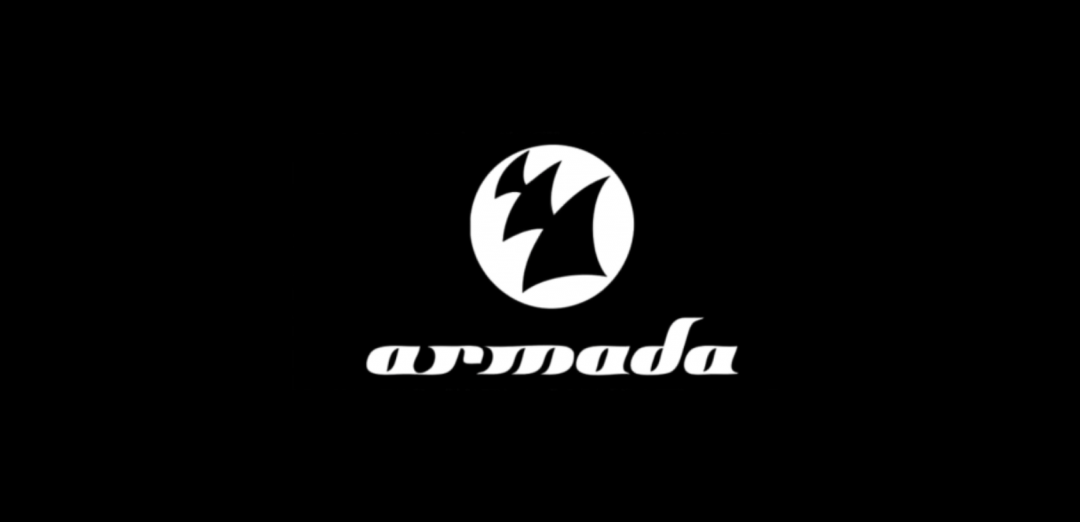Music is a form of art that involves organized and audible sounds and silence. It is normally expressed in terms of pitch (which includes melody and harmony), rhythm (which includes tempo and meter), and the quality of sound (which includes timbre, articulation, dynamics, and texture). Music may also involve complex generative forms in time through the construction of patterns and combinations of natural stimuli, principally sound. Music may be used for artistic or aesthetic, communicative, entertainment, or ceremonial purposes. The definition of what constitutes music varies according to culture and social context.
The whole point of digital music is the risk-free grazing”
Cory Doctorow, Canadian journalist and co-editor and of the off-beat blog Boing Boing, is an activist in favor of liberalizing copyright laws and a proponent of the Creative Commons non-profit organization devoted to expanding the range of creative works available for others to build upon legally and to share. Doctorow and others continue to write prolifically about the apocalyptic changes facing Intellectual Property in general and the music industry in specific.
In this article, we will explore the cataclysm facing U.S. industry through the portal example of the music industry, a simple industry in comparison to those of automotive or energy. However, in the simplicity of this example we may uncover some lessons that apply to all industries.
In his web-article, “The Inevitable March of Recorded Music Towards Free,” Michael Arrington tells us that music CD sales continue to plummet alarmingly. “Artists like Prince and Nine Inch Nails are flouting their labels and either giving music away or telling their fans to steal it… Radiohead, which is no longer controlled by their label, Capitol Records, put their new digital album on sale on the Internet for whatever price people want to pay for it.” As many others have iterated in recent years, Arrington reminds us that unless effective legal, technical, or other artificial impediments to production can be created, “simple economic theory dictates that the price of music [must] fall to zero as more ‘competitors’ (in this case, listeners who copy) enter the market.”
Unless sovereign governments that subscribe to the Universal Copyright Convention take drastic measures, such as the proposed mandatory music tax to prop up the industry, there virtually exist no economic or legal barriers to keep the price of recorded music from falling toward zero. In response, artists and labels will probably return to focusing on other revenue streams that can, and will, be exploited. Specifically, these include live music, merchandise, and limited edition physical copies of their music.













